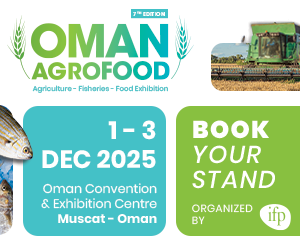In a landmark move to improve public health and enhance intra-African trade, the African Union (AU) has approved the creation of the Africa Food Safety Agency—a new continental body that will oversee and harmonize food safety standards across member states.
The statute establishing the agency was formally adopted during the 38th Ordinary Session of the AU Assembly in Addis Ababa on February 16. Once operational, the agency will serve as a specialized technical institution of the AU, responsible for aligning food safety policies, regulations, and risk assessment systems across the continent.
The decision comes in response to alarming figures from the World Health Organization (WHO), which reports that 91 million Africans suffer from foodborne illnesses annually, resulting in 137,000 deaths—a third of the global total. The economic consequences are equally severe, with food safety-related productivity losses and healthcare costs in sub-Saharan Africa and Southeast Asia estimated at $110 billion per year by the World Bank.
AU Commission Chairperson H.E. Moussa Faki Mahamat hailed the move as a crucial milestone in the AU’s Agenda 2063 and the African Continental Free Trade Area (AfCFTA). He underscored the agency’s potential to drive economic integration, protect consumers, and foster a more resilient food system across Africa.
Outgoing Commissioner for Agriculture and Rural Development H.E. Amb. Josefa Sacko added, “The Africa Food Safety Agency will help transform our agri-food systems. It’s not just about health—it’s about unlocking intra-African trade by harmonizing standards and empowering member states to build effective food control systems.”
Among its key functions, the agency will:
Develop a continental food safety data hub and rapid alert system.
Support member states in managing food safety risks and responding to emergencies.
Coordinate continent-wide food safety programs in collaboration with Regional Economic Communities (RECs).
Enhance compliance with international standards, making African food products more competitive and trusted in global markets.
By building stronger food control systems, the Africa Food Safety Agency is expected to lower trade barriers, reduce foodborne disease outbreaks, and stimulate sustainable agricultural growth.
The African Union Commission has been tasked with accelerating the agency’s operationalization by setting up structures, legal frameworks, and partnerships. The AU is also calling on all stakeholders—governments, private sector actors, and development partners—to support the new agency and ensure that safe, high-quality food becomes a shared priority across the continent.
Source: qualityassurancemag.com











































































